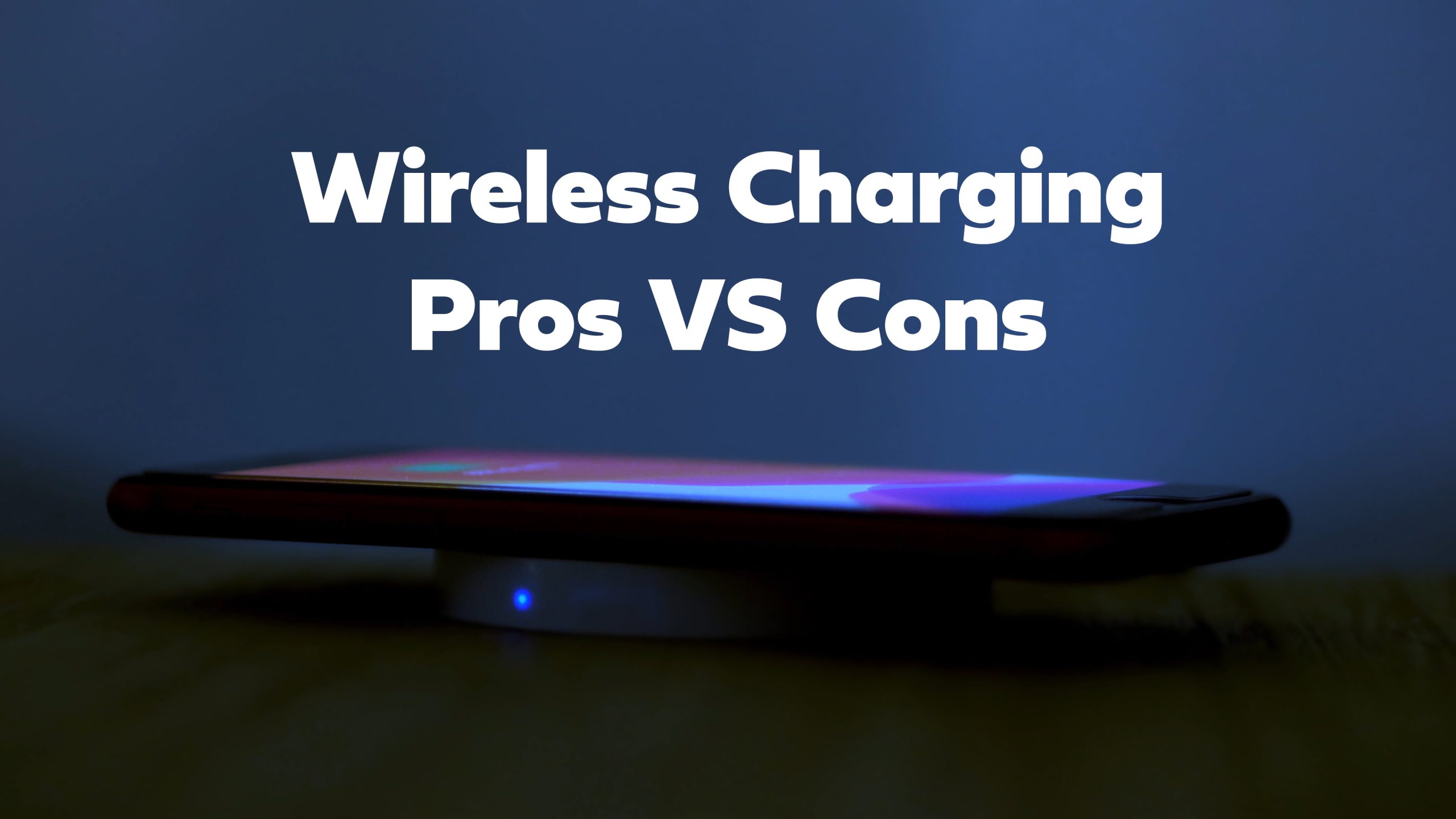Pros And Cons of Wireless
Pros and Cons of Wireless Networks:

Credit: www.ptc.net.au
Advantages of Wireless Networks:
| Advantages | Explanation |
|---|---|
| Mobility and Collaboration | Stay connected while moving throughout your work site. |
| Accessibility | Easy access from multiple devices. |
| Expandability | Easy to scale up network as needed. |
| Guest Access | Simple way to provide network access to visitors. |

Credit: www.rokform.com
Disadvantages of Wireless Networks:
- Security Risks
- Limited Coverage Area
- Interference Vulnerability
- Bandwidth Limitations
Wireless networks offer flexibility and lower costs. However, they may lack in security, performance, reliability, and compatibility compared to traditional wired networks. The benefits and drawbacks vary based on specific usage requirements.
Wireless communication provides mobility and ease of use. Cost-effectiveness and flexibility are key advantages. On the downside, security risks, limited coverage, interference susceptibility, and bandwidth constraints are significant drawbacks.
In conclusion, adopting wireless networking can enhance efficiency, accessibility, and flexibility while promoting cost savings and unlocking new opportunities. Understanding the pros and cons will help you make informed decisions to meet your networking needs.
Frequently Asked Questions For Pros And Cons Of Wireless
What Are The Pros And Cons Of Wireless?
Pros of wireless networks include flexibility, easy setup, and lower costs. However, they may have security, performance, reliability, and compatibility issues compared to wired networks.
What Are 3 Advantages Of Wireless Network?
Three advantages of wireless networks are: 1. Mobility and collaboration: With wireless networks, users can stay connected while moving throughout a work site, promoting mobility and collaboration. 2. Accessibility: Wireless networks provide easy access to the internet and network resources without the need for physical connections or cables.
3. Expandability: Wireless networks offer the flexibility to easily expand and add new devices or users without the limitations of wired networks. These advantages make wireless networks a convenient and flexible option for various applications.
What Are The Pros And Cons Of Wireless Vs Wired Connections?
The pros of wireless connections are flexibility, easy setup, and lower costs. The cons include potential security risks, performance, reliability, and compatibility issues compared to wired connections. Specific needs and use cases will determine the varying advantages and disadvantages of each.
What Are The Pros And Cons Of Wireless Local Area Network?
Wireless networks offer mobility, easy setup, and cost savings. However, they may have security vulnerabilities, performance limitations, and compatibility issues compared to wired networks. Consider your specific needs and usage scenarios to weigh these pros and cons.
